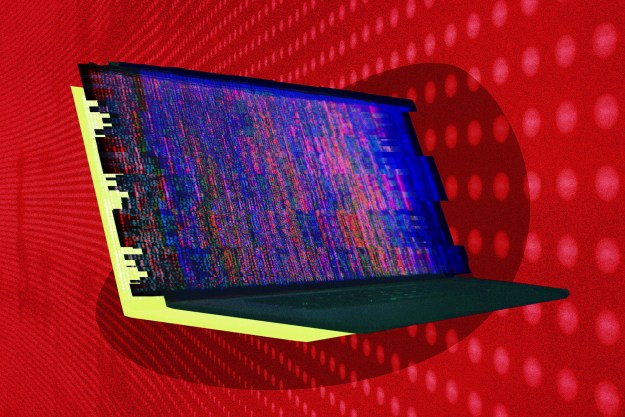
A Pentagon spokesperson confirmed on Saturday that the U.S. had been in contact with Chinese officials and “secured an understanding” that the drone will be returned. However, China criticized the “inappropriate and unhelpful” response by US officials, with the nation’s defense ministry arguing that the US was “hyping up” the incident.
On Thursday, after completing research in the South China Sea, the Bowditch stopped to retrieve the drones, according to Pentagon officials. Shortly after, a Chinese naval ship that had been shadowing the Bowditch moved to within 500 yards and put a boat into the water. The Chinese boat then pulled up alongside one of the drones and confiscated it.
Calls from the Bowditch to the Chinese ship to return the drone went unanswered, however at one point as the naval ship pulled away, the Chinese radioed that they were returning to their own operations. “The [drone] was lawfully conducting a military survey in the waters of the South China Sea,” Davis said. “It’s a sovereign immune vessel, clearly marked in English not to be removed from the water that it was U.S. property.”
Chinese surveillance of non-military operations like the Bowditch is commonplace, as the country suspects these vessels of spying. What is not is the confiscation of U.S. assets. “This is not the sort of conduct we expect from professional navies,” Davis added.
From time to time, non-military ships sailing close to Chinese waters have had trouble. In 2009, the USNS Impeccable was harassed by a group of Chinese ships during a research mission. The Chinese Coast Guard have been accused of ramming fishing vessels from the Philippines, Vietnam, Indonesia, Malaysia, and others according to reports.
Again, those incidents didn’t involve stealing property, but rather a seemingly heavy-handed policy of harassment.
It’s difficult to say what provoked the Chinese to take such actions. The relationship with China during the Obama administration has been tenuous at best, and Donald Trump’s early actions as President-elect — most notably his conversations with Taiwan — have attracted the ire of Beijing.
President-Elect Trump may have stirred the pot on Saturday after sending a strongly worded tweet that implied the Chinese stole the drone and calling it an “unpresidented [sic]” act. A new version of the tweet later corrected the misspelling, although Trump was criticized for the content of the tweet itself.

Regardless of Trump’s comments, China has made several moves to militarize the South China Sea despite protests from the U.S.
A report from the bipartisan Asia Maritime Transparency Initiative has further that belief among national security analysts, which claimed the Chinese had installed military equipment including anti-aircraft artillery on man-made islands built in contested waters.
Article originally published on 12-16-2016. Updated on 12-17-2016 to reflect confirmation of the return of the drone, along with the Pentagon, Chinese Defense Ministry, and President-Elect Trump’s comments.
Editors' Recommendations
- Wing drone delivery heads to first U.S. metro area
- DJI added to U.S. trade blacklist. Will drone sales be grounded?
- U.S. Army considers AR goggles for its military mutts
- China’s tightened grip on TikTok’s algorithm could seriously cripple a U.S. sale
- China’s new tech export rules could further complicate TikTok’s U.S. sale


